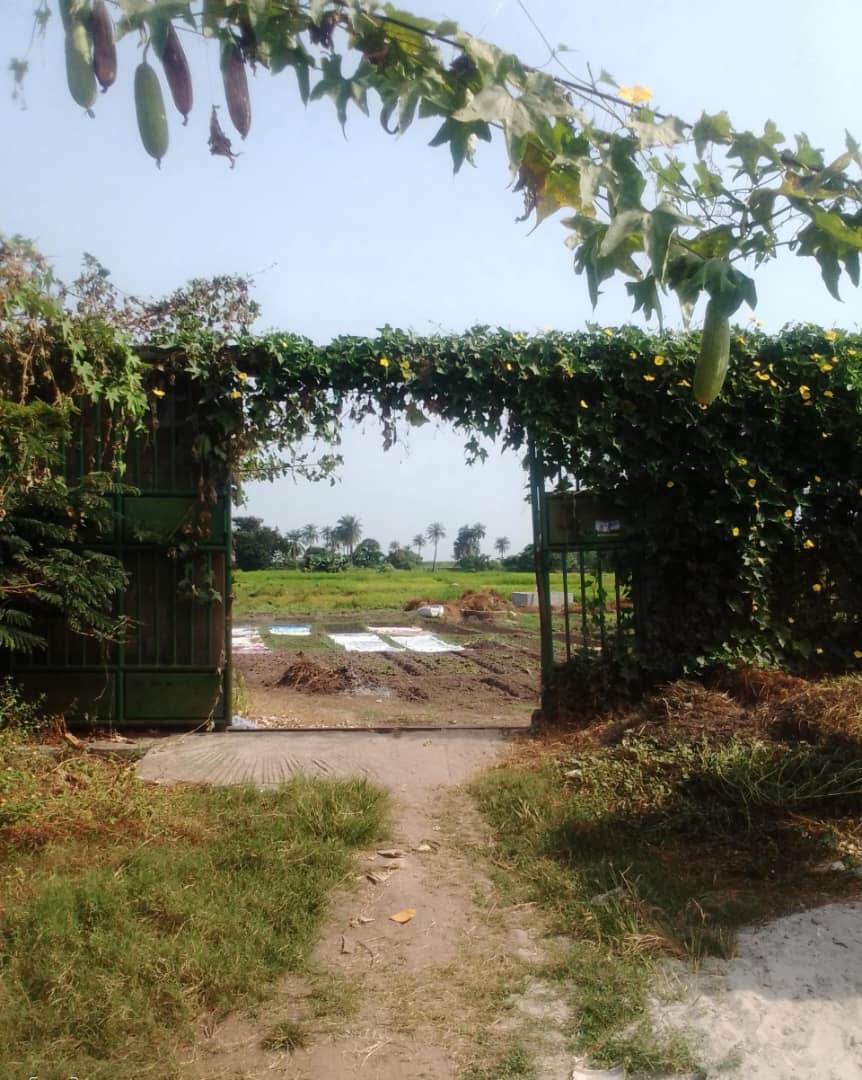By: Fatoumatta Krubally
As the gardening season in The Gambia approaches, typically starting in November and peeking through the rainy months until June, local gardeners are gearing up to nurture their seedlings and prepare for planting.
However, this year, they face unprecedented challenges as the costs of seedlings and essential gardening supplies have soared, putting their livelihoods at risk. Many gardeners, who have begun purchasing seedlings, complain that the financial strain is palpable, and the community is bracing for a tough season ahead.
In a series of interviews with local gardeners from the Bakau Women’s Garden and shopkeeper Abdoulie Gaye, the concerns over rising prices were evident. Amie Cham expressed her frustration, stating, “We are facing so many challenges this season. The prices of seedlings known as “kuyufoo” in Mandinka have increased so much that it’s becoming impossible to sell them at a profit.” Her words resonate with the struggles of many who depend on gardening as their primary source of income, highlighting the urgency of the situation.
Mariama Touray, another gardener who has been gardening for the past 20 years, echoed Amie’s sentiments, sharing her worries about the escalating costs: “The cost of ploughing and buying seedlings has gone up dramatically. It’s hard to keep up with the expenses when we are not seeing any profit.” This financial burden is forcing gardeners to re-evaluate their planting strategies and select crops that might yield better returns, but the uncertainty looms large.
Alieu Cessay, a seasoned gardener, also weighed in on the economic pressures, noting, “We are trying to adapt, but the resistance to trying new varieties is strong among local gardeners. We are stuck in our ways, and it’s holding us back.” This reluctance to innovate further complicates the challenges, as the community struggles to find ways to thrive amidst rising costs.
Shopkeeper Abdoulie Gaye, who sells farm products at the Afric Agro Action, provided a broader perspective on the economic challenges affecting the community. “The taxes and rental fees are too high for us to sustain our businesses without losing money. We feel the pressure every day,” he explained.
Gaye highlighted the significant increase in onion prices, which have surged from D2500 last year to over D3000 this year.
“We try to keep prices affordable for our customers, but it’s becoming increasingly difficult,” he added, illustrating the delicate balance between maintaining a profitable business and supporting the community.
The complexities of sourcing products through Senegal have also added to the challenges faced by local gardeners. Gaye remarked, “We are seen as part of Senegal by international suppliers, which complicates our ability to source products at reasonable prices.” This situation underscores the interconnectedness of local economies and the impact of broader market forces on individual livelihoods.
As the rainy season comes to an end and gardeners prepare for planting, the interviews reveal a community in distress, grappling with economic pressures while striving to support one another. Abdoulie Gaye concluded, “We need support and understanding from the community and authorities to survive these tough times.”
The future of local gardening in The Gambia hangs in the balance as rising costs threaten the livelihoods of many. The voices of Amie, Mariama, Alieu, and Abdoulie shine a light on the urgent need for solutions to ensure the sustainability of this vital sector. Without intervention, the challenges faced by these dedicated gardeners could have lasting repercussions on food security and the local economy.





